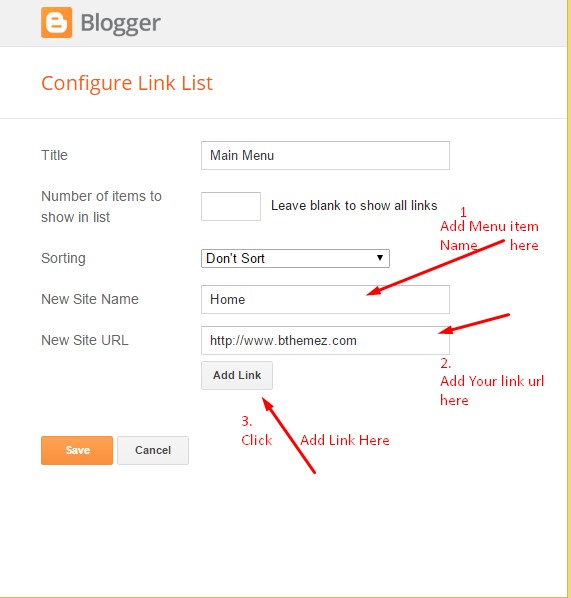Most website owners these days know that having an SSL certificate is a necessity. Not only will it help ensure the safety and security of your website and its users, but it’s crucial if you want it to be accessible via all major web browsers, such as Firefox and Chrome. An SSL certificate isn’t just a nice-to-have, it’s a must-have.
The first step in your SSL journey is easy: deciding to buy one. The second step is a little more complicated: deciding which one to choose. If you just have a single website, you can just choose a standard SSL and move on with your life. But if you have more than one website, multiple subdomains, or both, your options may not seem quite as straightforward. It’s not recommended that you get a standard SSL for each domain and subdomain, as this will end up being expensive and difficult to keep track of. Your best bet is likely either a Multi-Domain or Wildcard SSL certificate.
But which one is right for you? This article will shed some light on the subject by outlining the basic differences between the two options.
When to choose a Multi-Domain SSL
If you have multiple websites with or without subdomains, a Multi-Domain SSL is the perfect option. Let’s say, for example, you have three websites: awebsite.com; mywebsite.co.uk; and anothersite.co and these websites have multiple subdomains each, such as:
- news.awebsite.com
- shop.awebsite.com
- mail.mywebsite.co.uk
- blog.mywebsite.co.uk
- payment.anothersite.co
- login.anothersite.co
A Multi-Domain SSL will secure all these websites and their subdomains.
When to choose a Wildcard SSL
If you have a single domain with multiple subdomains or plan on adding subdomains in the future, a Wildcard SSL is an ideal choice. For example, let’s take the ‘mywebsite.co.uk’ example from above, as well as its subdomains. A Wildcard SSL will not only protect this website and its current subdomains, but it will also protect any further subdomains you add to it in the future. The number of subdomains you can add to your Wildcard SSL is basically unlimited.
This is what also differentiates it from a Multi-Domain SSL. If you add a new domain or subdomain to your portfolio of sites with a Multi-Domain SSL, you will need to get your SSL reissued to ensure that each one is protected. With a Wildcard SSL, you can add a new subdomain at any time. So, if you only ever plan on having one main domain, a Wildcard SSL is probably the most convenient choice for your situation.
Conclusion
Ultimately, you are the best judge of which type of SSL certificate is right for you. If you have multiple domains and/or subdomains, you should probably go for a Multi-Domain SSL. If you have one domain and several subdomains, with the potential of adding more in the future, a Wildcard SSL certificate is likely the winner.










